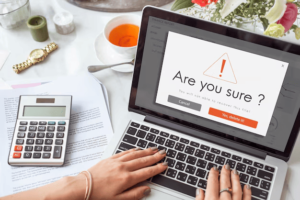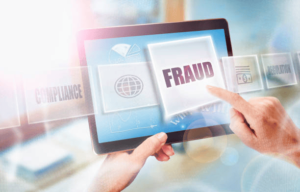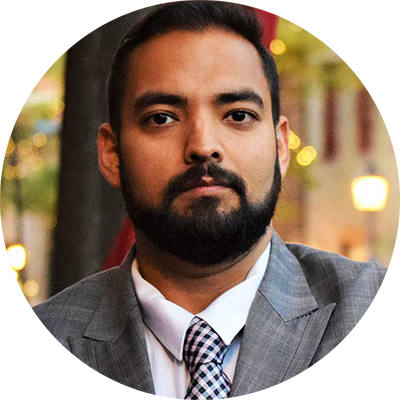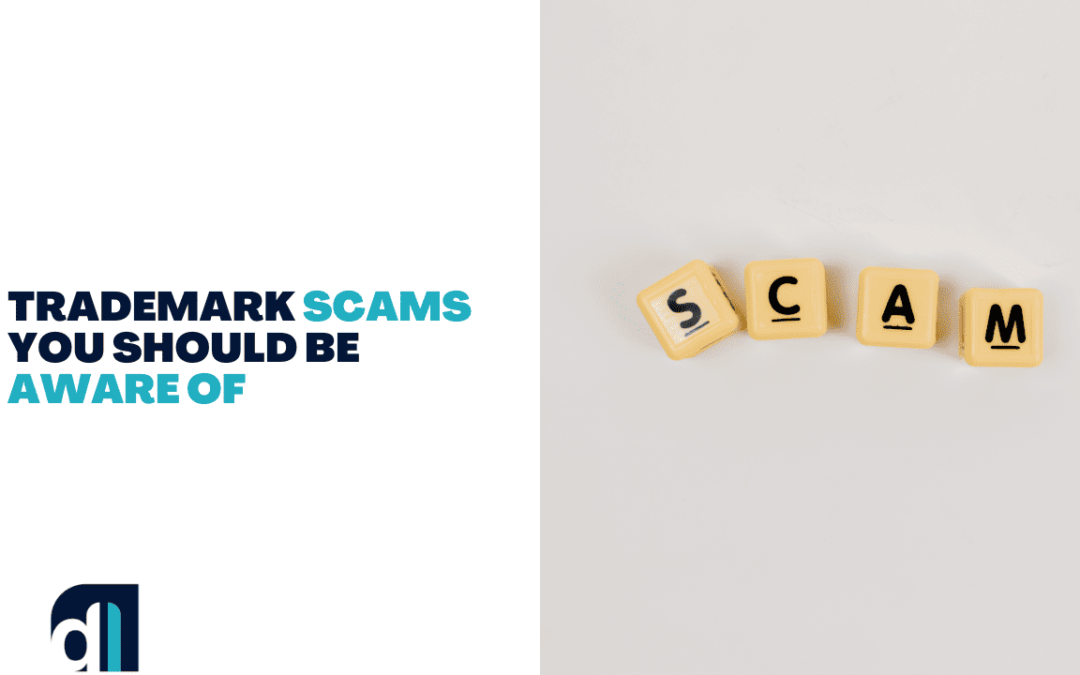Trademarks are very significant in safeguarding one’s intellectual property since it guarantees that the identity of the brand will not be changed by third parties.
However, with the expansion of trademark registration across the world, there have also been corresponding scams against trademark owners.
These scams can result in monetary losses, confusion, and even the degradation of your rights in your intellectual property.
This blog will focus on explaining what the most typical scams related to trademarks are, how you can spot them, and how you can avoid them.

Why Trademark Scams Are on the Rise
Through the advancement in technology, trademark filing can be done through the Internet where services are provided through the USPTO among others.
However, this has also led to the aspect of having accessibility that fraudsters can also take advantage of. Most business people have little or no knowledge of trademark procedures, which makes them vulnerable to these cons.
Getting entangled in these scams leads to a lot of money lost, identity theft, and problems in dealing with genuine trademark applications.
Some of the Usual Trademark Scams that People Encounter Include
Some of the common trademark scams are:
Fake Renewal Notices
The most common trick is the use of fake renewal notices of services offered through the Internet. This is done through official-looking letters or emails, which alarm the owners of the trademark that their trademark is soon to expire.
Such notices may contain information about the need to pay renewal fees to keep the trademark alive. These demands are fake and created to milk your money. These scams usually come to trademark owners way before their renewal dates are due.
Trademark Counterfeiting Offers
Fake service providers usually lure people into paying a lot of money by claiming to offer fast and/or international trademark search and registration. These fraudulent agencies may look genuine they may boast connections to the USPTO or WIPO and the like.
Nevertheless, they are not real services for victims who lost their money and still have unresolved trademark cases.
Bogus Directory Listings
The two most widespread types of fraud are the suggestions to register trademarks in non-existent or irrelevant directories.
However, such offers promise the business increased exposure or legal status; in fact, these directories are worthless. Criminals demand a good amount of money from their victims in exchange for their inclusion in these fake lists.
Fraud Costs for Public Record Services
This means that scammers take advantage of the open public access to trademark records to offer services that should be offered for free.
They may approach you claiming to get or help you get these records for a higher price, knowing that many people do not know that such resources exist.
Imposter Law Firms or Agents
Some of the con artists pretend to be lawyers or representatives of law firms seeking to provide services in trademark protection or prosecution.
Most of these fraudsters may ask for personal information or money with the pretext of offering legal services. Not only do victims lose their money but they may also have to jeopardize the security of their Intellectual Property.
Warning Signs of Trademark Scams
To safeguard yourself from such scams, you should be able to distinguish trademark scams’ red flags. Look out for:
- Transmission of information through mail electronic mail or phone without prior permission.
- Attempts to charge the customer or demand that they take some action right away.
- Unsigned and untidy messages with incorrect spelling and grammatical construction.
- Requests for payment in an unauthorized manner, for example via wire transfer or personal cheque.
- Some owners try to present themselves as official trademark agents without any evidence.

Ways of Guarding Against Trademark Frauds
There are several ways of protecting yourself against these scams:
Use Official Channels
In filing trademarks, and renewal, it is always advisable to use recognized bodies such as the USPTO.
Double-Check Communications
If you are in doubt about the authenticity of any written communication you receive, you should consult the USPTO or your regional trademark office.
Never take any action on any notice you receive without making sure it is genuine.
See a Trademark Attorney
Thus, hiring a professional trademark attorney can prove beneficial because he will help you protect your ideas in the shortest time possible and save your cash at the same time. They can assist in a trademark procedure and in recognizing a scam.
Be Wary of Unsolicited Offers
Any offer that is made to you out of the blue concerning trademark services should be met with caution. They usually offer those services that one would not want to miss out on especially given the promises made by the scammers.
What to Do When You’ve Fallen Victim to a Trademark Scam
If you suspect you have fallen victim to a trademark scam, act quickly:
- Contact the Fraud Watch the Federal Trade Commission, or the consumer protection agency in your country.
- Inform the USPTO and give more information about the scam to avoid similar incidents in the future.
- Ensure you challenge any transaction you did not approve with your bank or credit card company.
- Get in touch with your trademark attorney to see the extent of the damage and the available remedies.
Resources and Support
To stay informed and protected, consider these resources:
- This is the official site of the USPTO that contains information on scams as well as on how to file a patent.
- The reporting procedures for fraud that is outlined by the Federal Trade Commission (FTC).
- Information on trademark registration and administration comes from reliable legal associations.
Trademark scams are a real threat to business people and owners of intellectual property. Learning the usual tricks of the fraudsters and being active in the measures you take will help you safeguard your trademarks and your money.
If you have a question about trademark registration, consult with our trademark attorney.

Sahil Malhotra
Sahil Malhotra is an Intellectual Property Attorney, who founded Drishti (“vision”) law because of his vision in protecting dreams and ideas.
He provided individuals and small businesses with an opportunity to enhance their IP’s value by helping them register trademarks and successfully argue against office actions. In addition to his training and experience, he has been deeply involved in the multifaceted IP portfolio at UIC and continues to be associated with IP organizations and conferences.
To know more about Sahil Malhotra — Click Here
You may follow Sahil Malhotra on Facebook: Sahil Malhotra and on Instagram: @Sahil Malhotra

